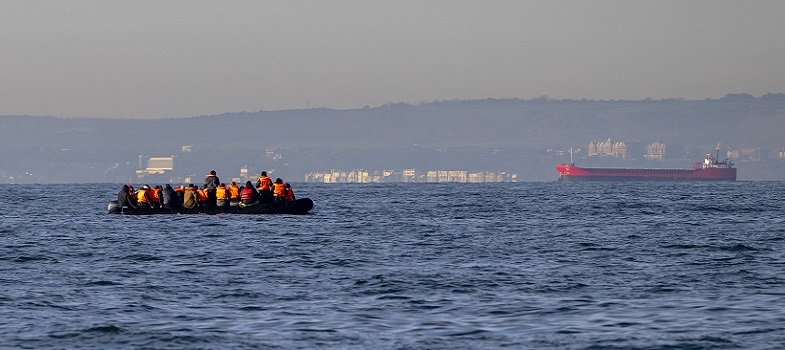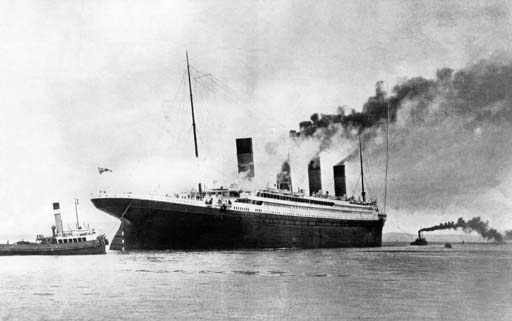4.1 Safety of Life at Sea 1974
Following the sinking of the Titanic in 1912, and the tragic loss of life of over 1500 people, the first International Convention for the Safety of Life at Sea (SOLAS) was adopted. This has been recast, and the current iteration is the SOLAS Convention 1974, which came into force in 1980.
SOLAS provides the minimum safety standards for the operation of ships that are neither solely for personal nor military use. It contains various technical provisions relating to the construction of ships and the equipment that must be carried on vessels and specifies certification processes for ships. Palestine and Bosnia & Herzegovina are the only two countries bordering the Mediterranean Sea which are not signatories to SOLAS.
Chapter V of SOLAS relates to the Safety of Navigation and identifies various services which should be provided by Contracting Governments, including SAR obligations, and obligations on masters of ships to respond to distress calls.
Activity 3: SOLAS
The following is an extract of the text of Regulation 33 of the SOLAS Convention. In your own words, outline what the obligations of this Regulation mean for SAR.
‘1 The master of a ship at sea which is in a position to be able to provide assistance, on receiving information from any source that persons are in distress at sea, is bound to proceed with all speed to their assistance, if possible informing them or the search-and-rescue service that the ship is doing so. This obligation to provide assistance applies regardless of the nationality or status of such persons or the circumstances in which they are found.
1-1 . . . The Contracting Government responsible for the search-and-rescue region in which such assistance is rendered shall exercise primary responsibility for ensuring such co-ordination and co-operation occurs, so that survivors assisted are disembarked from the assisting ship and delivered to a place of safety, taking into account the particular circumstances of the case and guidelines developed by the Organization. In these cases the relevant Contracting Governments shall arrange for such disembarkation to be effected as soon as reasonably practicable.’
Discussion
It is clear that masters of ships at sea are obligated to aid persons in distress at sea speedily — and that the status of such persons is irrelevant — but governments also are obligated to coordinate the rescue to ensure survivors are quickly disembarked and taken to a place of safety. For the purposes of Chapter V Regulation 33, concerns about people smuggling and human trafficking (which will be discussed in Section 4.5) do not alter the obligations on vessels or governments.
4 Search and rescue at sea

